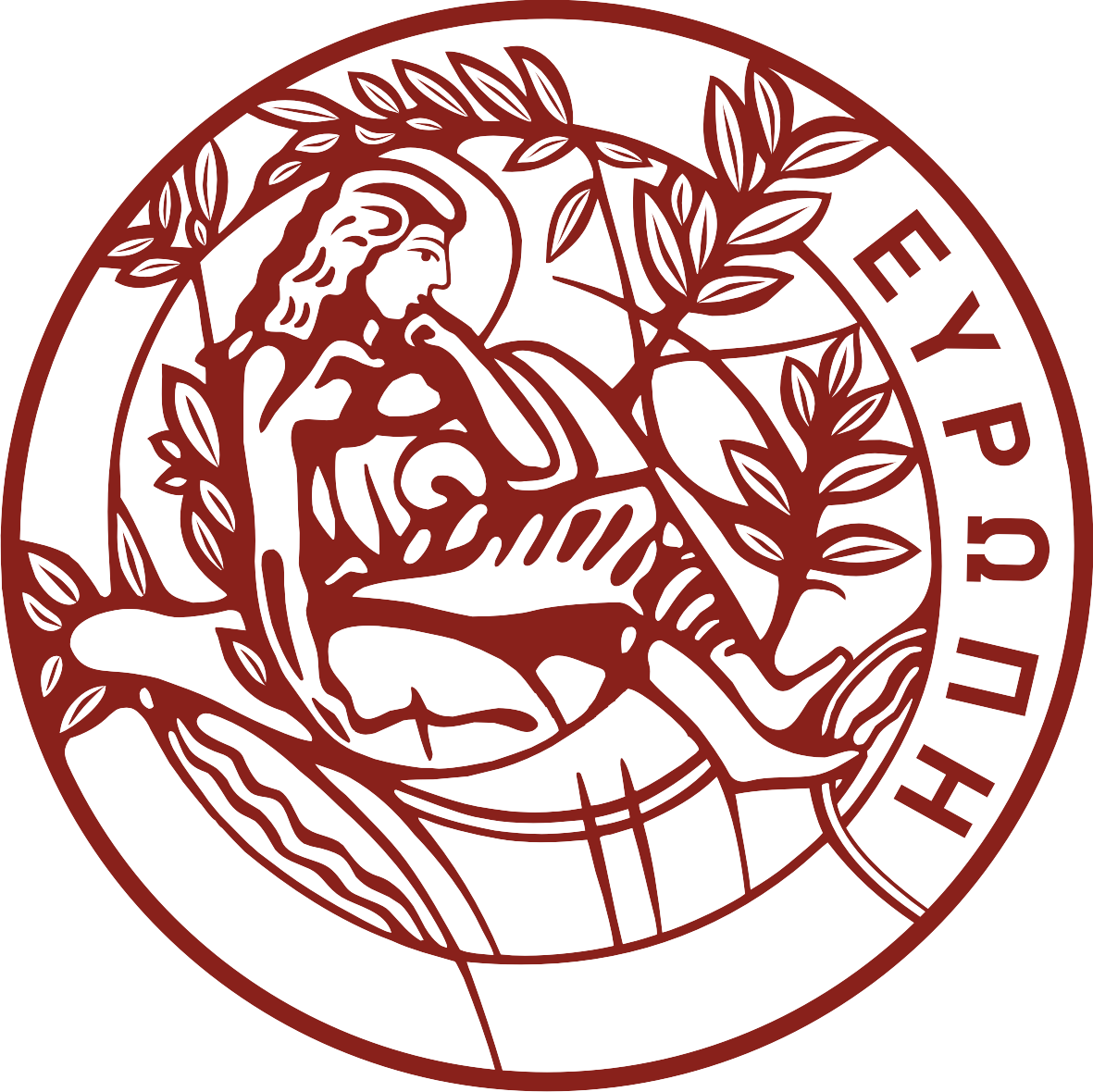Human-Computer Interaction (HCI) is the interdisciplinary field that focuses on the analysis, design, implementation and evaluation of the interface of computer system applications with which the user may interact, as well as with issues pertaining to this interaction. It encompasses a wide range of topics, including the exploration of innovative technological frameworks, methods, tools and techniques to support the design and development of interactive applications and services so as to enhance their accessibility, usability and overall user-friendliness. At the same time, HCI studies the User Experience (UX) of interactive systems, which involves a deep understanding of user needs, requirements and capabilities, taking into account the target application domain and context of use. In addition, issues that are examined pertain to users’ interaction with rapidly evolving computational systems (e.g., wearable devices, cars, robots) as well as with well-established technologies that are used under new perspectives (e.g., computationally-supported collaboration and social media). Furthermore, HCI studies Ambient Intelligence technologies and their application in Intelligent Environments, as well as new frameworks and methods for developing software, applications and services for interactive systems that provide natural, intuitive and high-quality interaction with Intelligent Environments, through multiple interaction techniques and a variety of devices that address contemporary technological challenges.
In this page you will find the research activities that are currently being carried out in CSD according to the research areas that the faculty members are actively contributing to.
The Graduate Studies Program in the Computer Science Department at the University of Crete is carried out in close cooperation with the Institute of Computer Science (ICS) of the Foundation of Research and Technology (FORTH). This collaboration includes:
(1) Researchers and scientists from ICS-FORTH may undertake the teaching of graduate courses.
(2) Researchers from ICS-FORTH may participate in the supervision of M.Sc. and Ph.D. theses, after approval by the Coordinating Committee for Graduate Studies and by ICS-FORTH.
(3) After application by a supervisor or by the Coordinating Committee for Graduate Studies, and assuming permission is granted by ICS-FORTH, graduate students may be given access to the hardware, software and in general the laboratory facilities at ICS where they may carry out part or all of their research.
(4) The Department and ICS-FORTH may jointly invite professors and researchers from other institutes of higher education within Greece or in other countries to give seminars, lecture series, even complete courses, and to collaborate research-wise with researchers and graduate students of the Department and of ICS-FORTH.
(5) The Institute of Computer Science at FORTH provides a number of bursaries for graduate students and supports financially collaboration of graduate students with other Institutes of Higher Education and Research Centers, within its limits and in accordance with the familiar stipulations.



 Announcements
|
News
Announcements
|
News

